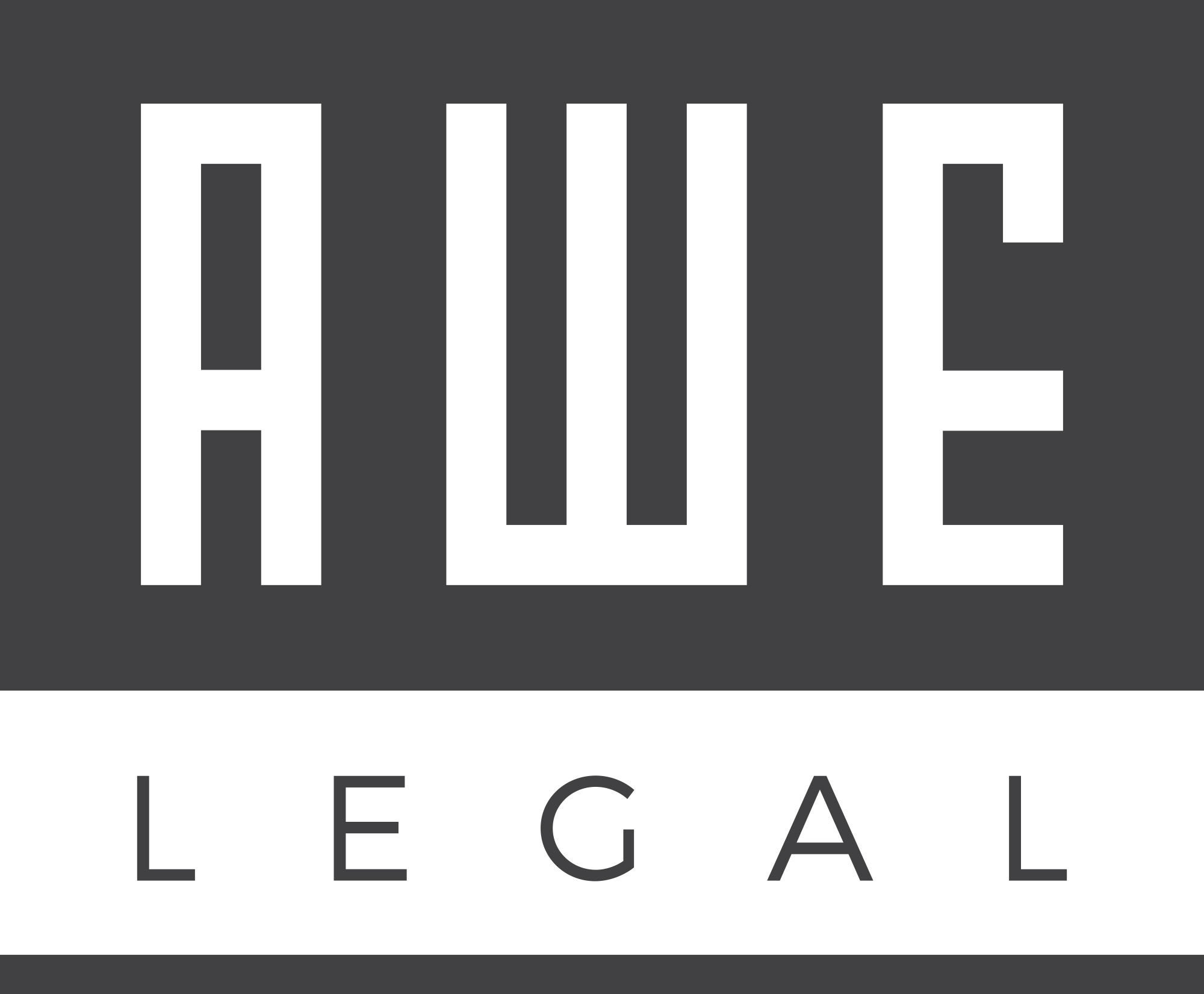Living in a Digital Contest Era
Instagram has become one of the most powerful social media outlets for businesses to promote their products and services since their launch in 2010. Many small and large businesses alike turn to online contests to gain traction and followers. While hosting and entering these contests is exciting, posting in cyberspace doesn't make individuals exempt from the governing law in Canada. So what should contest holders do to ensure they uphold the law?
Be Transparent
The Competition Act requires that the contest rules and other relevant information be visible in the post for everyone to see. What is often lacking, which is pertinent for contest holders to post, is contact information, disclaimers, odds of winning, and eligibility.
Specifically, Section 74.06 of the Competition Act prohibits any promotional contest that does not disclose the number and approximate value of prizes, the area or areas to which they relate and any important information relating to the chances of winning such as the odds of winning. It also stipulates that the distribution of prizes cannot be unduly delayed and that participants be selected or prizes distributed on the basis of skill or on a random basis. There are severe monetary penalties for breach, we’re talking up to $15,000,000 for multiples breaches by a Corporation.
Pay-to-Enter Contests
You might want to reconsider before someone transfers you money to participate in your Instagram contest. Lotteries and games of chance are regulated by the Canadian Criminal Code. Section 206 (1) states:
Every one is guilty of an indictable offence and liable to imprisonment for a term not exceeding two years who (…)
(f) disposes of any goods, wares or merchandise by any game of chance or any game of mixed chance and skill in which the contestant or competitor pays money or other valuable consideration; (…)
This essentially prohibits the requirement that a product or service be purchased as the sole condition of participating in the contest. As such, a solution is to include a skill testing question in promotional contests to avoid being considered a game of chance, as well as clearly state, “no purchase necessary,” in order to comply with the Criminal Code.
Unlike the Criminal Code, section 74.06 of the Competition Act does not directly prohibit a requirement that participants pay money or other valuable consideration in order to participate in a contest. However, where a purchase is necessary in order to participate, this fact should be predominantly disclosed, along with other contest terms in order to be compliant with the Criminal Code and the Act.
Know the rules
Instagram also has its own set of rules when it comes to hosting giveaways and contests. You should include these in the terms and conditions for your contest. Note that your Instagram contest is not in any way sponsored, endorsed or associated with Instagram. State any age and residency restrictions. Avoid any inaccurate tags and ensure that who and what you’re tagging directly pertains to the contest photo/video being posted.
Be Original
With that being said, one thing the law and Instagram rules and regulations have in common is Copyright issues. While modifying content is nothing new to Instagram account holders, it’s crucial to be aware of Copyright infringement. In other words, background music used without permission, logos appearing in photos/videos, and pictures or art without giving proper credit, can have contest holders in hot water.
Disclaimers
A number of contest disclaimers should be added to the contest rules in order to limit liability, such as the ability for you to suspend, cancel or modify the contest at any time. Also, the rules should mentioned that if there is, as a result of any error, more potential winners than contemplated in the rules, the contest sponsor reserves the right to hold a random draw amongst those who entered to award the correct number of prizes.
Contest providers should also take steps to ensure that the contest complies with Canada's privacy laws, and an entrant's personal information should not be used for marketing purposes unless the participant has provided consent.
So, while contests are a useful marketing and promotional tool, you should be mindful of the various requirements under the Competition Act and Criminal Code, as well as the need for appropriate disclaimers in the rules and compliance with privacy laws.
It’s a good idea to have a lawyer review any proposed contest rules, packaging and advertising materials prior to launching the contest. Feel free to get in touch with AWE Legal at info@awelegal.com if you’d like to discuss your proposed contest.
By: Alessia Paolo (IG: @lifethroughspirit) and Darielle Teitelbaum

